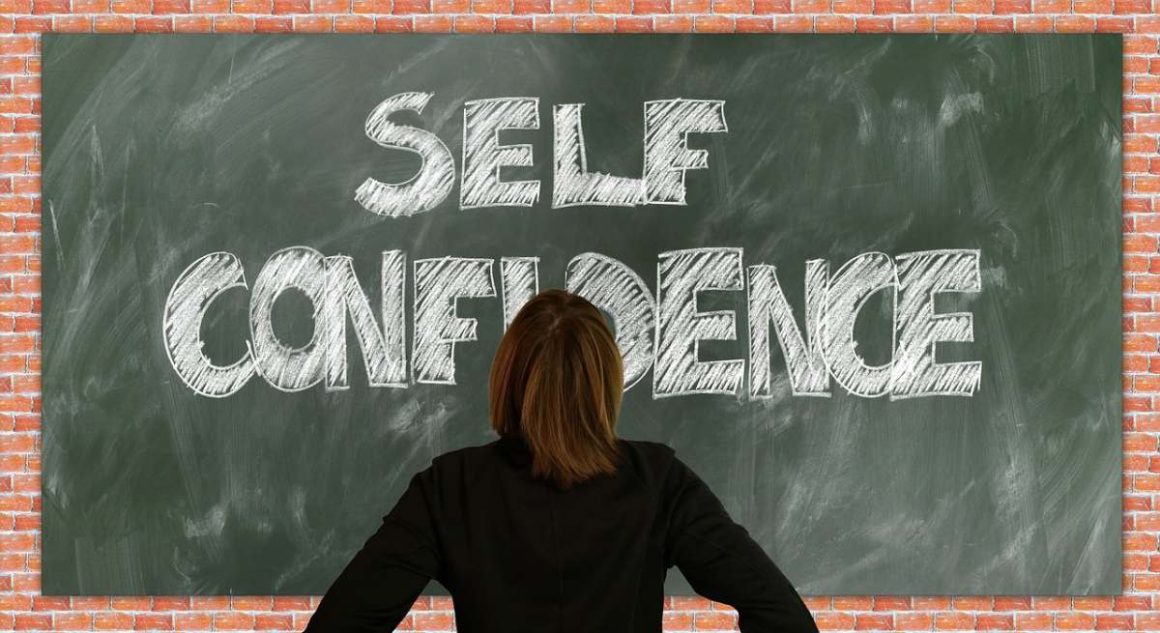Self-confidence is the belief in your abilities, judgments, and value as a person. It’s the inner assurance that you can face life’s challenges, make decisions, and succeed. While everyone experiences moments of self-doubt, self-confidence provides a foundation for resilience, personal growth, and success. But what exactly drives this essential trait, and how can it be cultivated? Let’s explore the psychology of self-confidence, its benefits, and practical ways to develop it.
Table of Contents
Defining Self-Confidence
Psychologists define self-confidence as a combination of self-esteem (how much you value yourself) and self-efficacy (your belief in your ability to achieve goals). Dr. Albert Bandura, a leading psychologist in the field, explains that self-efficacy is a key driver of self-confidence. “People’s beliefs in their efficacy influence how they feel, think, motivate themselves, and behave,” he writes.
Self-confidence is not the absence of fear or failure. Instead, it’s about trusting yourself to handle setbacks, learn from them, and move forward.
Why is Self-Confidence Important?
1. Improved Mental Health
Research has consistently linked self-confidence to better mental health. A 2018 study published in Frontiers in Psychology found that individuals with higher self-confidence were less likely to experience anxiety and depression. Confident people are more likely to view challenges as opportunities rather than threats, fostering a positive mindset.
2. Enhanced Performance
In both professional and personal settings, self-confidence boosts performance. Confident individuals tend to take initiative, communicate effectively, and persist in the face of obstacles. Studies suggest that self-confidence can be as important as competence in achieving success.
3. Stronger Relationships
Self-confidence also impacts social interactions. People with healthy self-confidence are better at setting boundaries, expressing their needs, and forming meaningful connections. This fosters more balanced and fulfilling relationships.
Factors Influencing Self-Confidence
1. Childhood Experiences
Positive reinforcement during childhood lays the groundwork for self-confidence. Conversely, harsh criticism or neglect can lead to self-doubt.
2. Environment
Supportive environments—whether at home, work, or school—encourage self-confidence. Feeling valued and heard reinforces the belief in your worth and abilities.
3. Physical and Mental Health
Physical appearance and overall health can influence how confident someone feels. For example, studies show that smiling frequently can boost mood and confidence. Maintaining oral health through Wandsworth dental treatments with Direct Dental can enhance self-assurance by improving your smile and overall well-being.
4. Self-Talk
The way you talk to yourself matters. Negative self-talk can erode confidence, while positive affirmations can strengthen it.
How to Build Self-Confidence
- Set Small, Achievable Goals
Breaking larger ambitions into smaller, attainable steps helps build confidence. Each success reinforces the belief in your abilities.
- Focus on Strengths
Shift your focus from what you lack to what you excel at. Acknowledging and leveraging your strengths can create a strong foundation for confidence.
- Practice Resilience
Failures and setbacks are inevitable. Viewing them as opportunities to learn rather than reflections of your worth can help build resilience and confidence.
- Maintain Physical and Emotional Health
Good health is a cornerstone of confidence. Regular exercise, proper nutrition, and maintaining your physical appearance—such as through dental care—can positively influence your self-image.
- Surround Yourself with Supportive People
Confidence thrives in a positive environment. Seek relationships with people who encourage and support your growth.
- Challenge Negative Thoughts
Cognitive-behavioural techniques can help reframe negative thoughts. Replacing “I’m not good enough” with “I can learn and improve” fosters a growth mindset.
The Science of Self-Confidence
Self-confidence is not innate; it’s learned and developed over time. Neuroscience reveals that confidence is tied to the brain’s reward system. Positive experiences trigger the release of dopamine, reinforcing self-assured behaviors. Over time, repeated successes strengthen neural pathways associated with confidence.
Expert Insights on Confidence
According to Dr. Nathaniel Branden, a pioneer in self-esteem psychology, “Confidence is not a fixed trait. It can be cultivated by aligning your actions with your values and showing up consistently for yourself.”
Harvard psychologist Amy Cuddy, known for her research on body language, highlights the importance of physical posture. “Expansive postures increase feelings of power and confidence,” she says, encouraging people to adopt “power poses” to boost self-assurance.
Key Takeaways
Self-confidence is a dynamic trait that evolves with time, experience, and effort. By understanding its roots and practicing strategies to nurture it, anyone can enhance their confidence and unlock greater potential in all areas of life. Whether it’s through setting achievable goals, maintaining good health, or challenging negative thoughts, the path to self-confidence is within reach for everyone.


